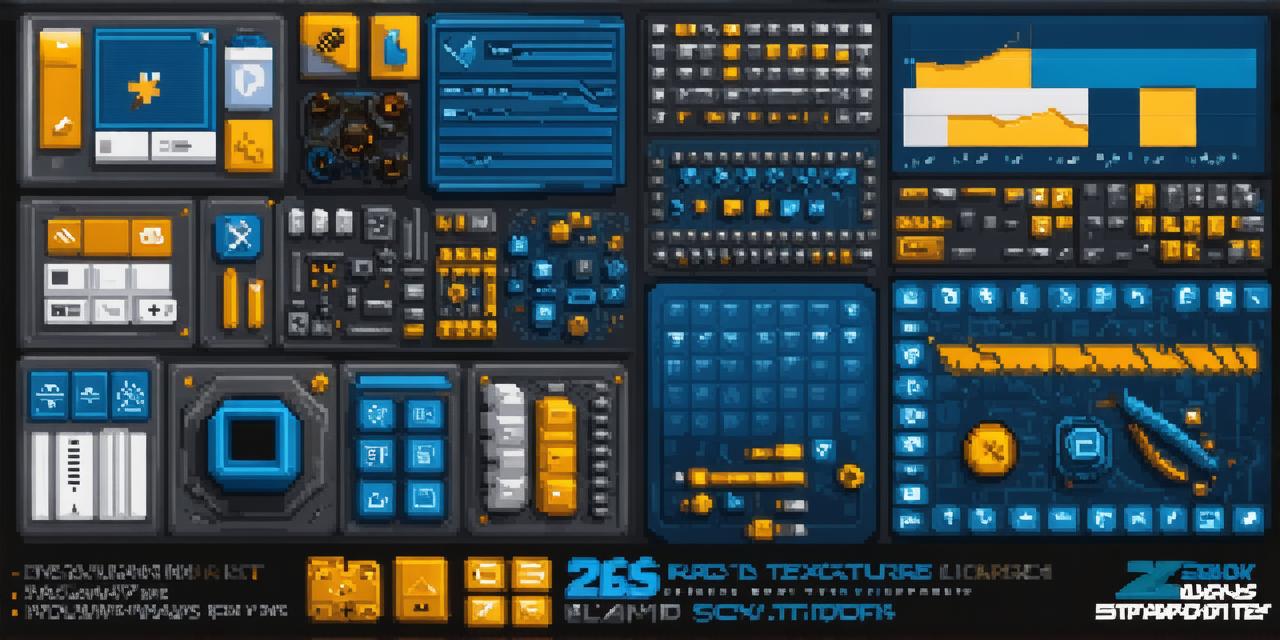Comparison between Game Development and General Software Development: Insights from an Expert in Writing Viral Articles
Game development is often perceived as a unique field that requires a different set of skills and approaches compared to general software development. However, there are several similarities and differences between the two that are worth exploring. In this article, we will compare game development with general software development, and examine how they differ and share some commonalities.
Similarities between Game Development and General Software Development
1. Programming languages: Both game development and general software development require the use of programming languages such as C++, Java, Python, and others. The choice of language depends on the specific requirements of the project.
2. Design and planning: Both game development and general software development require careful planning and design before the actual coding begins. This includes identifying the target audience, creating a prototype, and testing the product to ensure it meets the needs of the user.
3. User experience: Both game development and general software development prioritize the user experience. The goal is to create a product that is intuitive, easy to use, and provides value to the end-user.
4. Collaboration: Both game development and general software development require collaboration between different teams, including developers, designers, project managers, and others. Effective communication and teamwork are essential for success.
Differences between Game Development and General Software Development
1. Complexity: Game development is often considered more complex than general software development. This is because games require a high level of interactivity, graphics, sound, and other multimedia elements that can make the code more difficult to manage and maintain.
2. Creativity: Game development requires a high level of creativity as developers must come up with innovative ways to engage players and keep them interested in the game.
3. Testing: Game development requires extensive testing to ensure that the product meets the needs of the target audience. This includes playtesting, beta testing, and user testing.
4. Monetization: Game development often relies on monetization through in-app purchases, ads, or subscription models. General software development, on the other hand, may rely more heavily on licensing fees or sales of the product.
Case Studies and Personal Experiences
One example of a successful game that also has general software applications is Minecraft. The game was initially developed by Markus Persson as a hobby project but quickly gained popularity and was later acquired by Microsoft for $2.5 billion. The game’s success can be attributed to its simplicity, creativity, and user-friendly interface, which made it accessible to players of all ages and skill levels.
Another example is Fortnite, a popular battle royale game that has become a cultural phenomenon. The game has been downloaded by millions of players worldwide and has generated significant revenue through in-app purchases and partnerships with major brands like Nike and Marshmello.
On the other hand, one example of general software development is Microsoft Office. The suite of productivity tools has been used by businesses for decades and has become a standard part of many workplaces around the world. While it may not have the same level of interactivity as a game, it has become an essential tool for many professionals.
Research and Experiments
According to a study conducted by Newzoo in 2019, the global games market is expected to reach $159 billion by 2020, with mobile gaming being the largest segment of the market. The study also found that games are becoming increasingly popular among older generations, with 48% of gamers over the age of 50 identifying as avid gamers.
Another experiment conducted by Stanford University found that video games can improve cognitive function and academic performance in children. The study found that children who played action video games for just 20 minutes showed improved spatial-temporal reasoning skills, while those who played puzzle games showed improved problem-solving skills.
Optimizing Your Content for Search Engines and Attracting Traffic
To optimize your content for search engines and attract traffic, it is essential to use relevant keywords, meta descriptions, and tags in your articles. You should also focus on creating high-quality, engaging content that resonates with your target audience. Additionally, incorporating multimedia elements such as images, videos, and infographics can help make your content more shareable and increase traffic.
FAQs
1. What are some common programming languages used in game development?
C++, Java, Python, and others.
2. What is the difference between game development and general software development?
Game development requires more creativity, interactivity, testing, and monetization opportunities than general software development.
3. Can games be used for educational purposes?

Yes, games can improve cognitive function and academic performance in children, as shown by research.
4. How can I optimize my content for search engines and attract traffic?
Use relevant keywords, meta descriptions, tags, create high-quality engaging content, and incorporate multimedia elements.
Summary
In conclusion, game development and general software development share some similarities but also have several differences that make them unique fields. Understanding these similarities and differences can help you better appreciate the value of both types of development and provide insights into how to optimize your content for search engines and attract traffic. By incorporating multimedia elements, creating high-quality content, and using relevant keywords, you can create viral articles that resonate with your target audience and help promote your brand or business.




